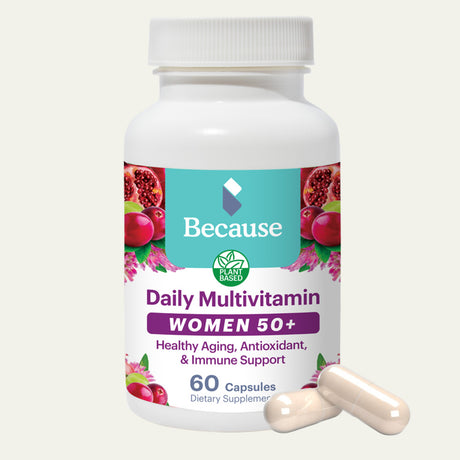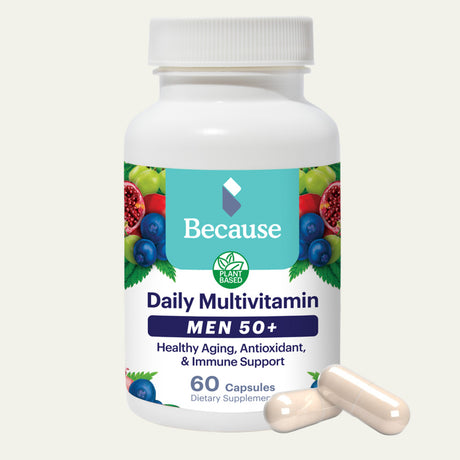Planning your weekly or monthly shopping trips doesn't have to be overwhelming. This guide will provide you with efficient strategies to manage your shopping duties effectively, ensuring you're well-prepared to care for your loved ones with ease.
Understanding the Needs
Identifying the specific needs of your loved one is the first step in optimizing your shopping routine. Take the time to assess dietary restrictions, medical necessities, and personal preferences to compile a comprehensive list. By understanding these unique requirements, you can ensure that each shopping trip is targeted and effective, reducing the need for frequent, last-minute store runs. This proactive approach not only streamlines the process but also enhances the well-being of those you care for.
The Benefits of Structured Shopping
Structured shopping brings a wealth of benefits, from minimizing stress to ensuring no essential item is overlooked. By establishing a routine, you can better manage your time and resources, making each trip more productive and cost-effective. This methodical approach not only simplifies the shopping experience but also provides peace of mind, knowing that you’re fully prepared to meet your loved one’s needs.

Crafting a Personalized Shopping List
Creating a personalized shopping list is key to efficient caregiving. In this section we’ll go over the essential considerations for your personalized shopping list.
Essential Items for Every Week
When planning your shopping trips, it's crucial to include essential items that your loved one uses regularly throughout the week. This ensures that they have a steady supply of the necessities that support their daily routine and overall well-being. Items should be restocked consistently to prevent running out and to maintain a comfortable and healthy lifestyle.
These essential weekly items may include:
- Basic perishable groceries like milk, bread, produce
- Personal care products
- OTC medical supplies such as supplements or incontinence supplies
- Household items such as cleaning products or laundry detergent
- Any specific dietary needs
Health and Dietary Needs
Catering to the health and dietary needs of older adults is fundamental to their overall health and quality of life. Nutritional requirements change as individuals age, often necessitating higher intakes of certain vitamins and minerals, and a careful balance of macronutrients to support heart health, bone density, and cognitive function.
It's also important to consider any dietary restrictions due to medical conditions such as diabetes or heart disease, ensuring that each meal contributes positively to their health and well-being. Consulting with your loved one’s physician is essential to determine the specific dietary requirements and restrictions that should be included in their daily meals.
Some foods to avoid purchasing are:
- High-Sodium Foods: Such as canned soups, cured meats, and snacks like chips, which can exacerbate health issues like high blood pressure.
- Sugary Foods: Including candies, cakes, and sugary cereals that can lead to spikes in blood sugar levels.
- High-Fat Foods: Fried foods, full-fat dairy products, and fatty meats should be limited to avoid heart and cholesterol problems.
- Raw or Undercooked Foods: Such as sushi or rare meats, which pose a higher risk of foodborne illnesses.
- Certain Seafoods: High-mercury fish like swordfish or king mackerel that can be detrimental in large quantities.
- Grapefruit and Grapefruit Juice: These can interfere with the effectiveness of many medications commonly prescribed to older adults.
- Tough Meats or Dense Breads: These can be difficult to chew and swallow, posing a choking hazard.

Budgeting for Necessities
Effective budgeting is key to managing the costs associated with caregiving while ensuring all necessary items are purchased. This section will guide you through strategies to maximize your budget, helping you make the most of every dollar spent on behalf of your loved one.
How to Budget Effectively
Budgeting effectively for caregiving starts with a clear understanding of both fixed and variable monthly expenses associated with your loved one's needs. Begin by listing all recurring costs, such as medications, groceries, and medical supplies, then allocate funds accordingly to ensure these essentials are prioritized. Utilize budgeting tools or apps to track spending and identify areas where costs can be reduced—perhaps by switching to generic brands or taking advantage of senior discounts.
Planning purchases around sales or using coupons can also stretch the budget further. Regularly reviewing and adjusting the budget as your loved one's needs change is crucial to maintain financial balance while ensuring their well-being.
Tips on Where and When to Shop
To help save money while shopping for an elderly loved one, consider the following tips on where and when to shop:
- Shop During Sales: Keep an eye on local grocery store flyers for sales, especially on bulk items and essentials. Timing your shopping around major holiday sales can also lead to substantial savings.
- Use Coupons and Discounts: Take advantage of coupons, loyalty programs, and senior discounts offered by stores. Websites and apps like Coupons.com or Honey can help find the best deals available.
- Buy in Bulk: For non-perishable items and frequently used products, buying in bulk from stores like Costco or Sam’s Club can reduce the cost per unit significantly.
- Choose Generic Brands: Opt for store-brand or generic products, which are often substantially cheaper than name-brand items but offer similar quality.
- Visit Local Farmers' Markets: For fresh produce, local farmers' markets can offer competitive prices and the freshest options, which can also be more nutritious.
- Compare Prices Online: Before heading out, compare prices online. Some stores might offer better deals online or price match their competitors.
- Shop Early in the Morning or Late: Shopping early in the morning or later in the evening can sometimes yield better deals, as some stores offer discounts on perishable items that need to be sold quickly.
- For bigger but necessary purchases, take a look at this sales calendar which lists which products are most likely to be on sale in which month

Organizing Your Shopping Schedule
Organizing a shopping schedule is a strategic way to streamline your caregiving responsibilities. This section will provide insights on how to structure your shopping frequency and timing to enhance efficiency and ensure you always have necessary supplies on hand.
Choosing Your Shopping Frequency
Deciding whether to shop weekly or monthly depends on various factors, including the storage space available, the perishability of goods, and your loved one’s rate of consumption. Weekly shopping is ideal for fresh produce and other perishables to ensure freshness, while monthly trips can be reserved for stocking up on non-perishable items and bulk goods. Evaluating these factors will help you create a shopping schedule that minimizes trips and maximizes efficiency.
Efficient Shopping Strategies
To maximize efficiency during shopping trips, plan your route through the store based on the layout of aisles and the items on your list. Group similar items together on your list to avoid backtracking and spend less time navigating through the store. Additionally, consider shopping during off-peak hours to avoid crowds, making it easier and faster to move through the store and complete your shopping more quickly.
Let Subscriptions Make Your Life Easier
Using subscription services for nonperishable items such as toilet paper, incontinence supplies, and laundry detergent can be a game-changer in managing caregiving responsibilities efficiently. These services ensure that you never run out of essential supplies, with regular deliveries scheduled according to your specific needs. Moreover, subscriptions often come with discounts and bulk buying options, potentially reducing overall costs and saving you the time and hassle of frequent store visits.
Because Market offers completely customizable subscription boxes for most of our products. Plus, you get 10% off every order when you subscribe. If your loved one struggles with incontinence, take our bladder protection quiz and we’ll recommend the perfect product for them to try for just $2.99!
Reflecting on the Rewards of Caring
Reflecting on the impact of your caregiving can help you recognize the deep appreciation and profound connection that develops from your efforts. Moments of gratitude, from a simple thank you to a heartfelt smile, emphasize the significant positive influence you have on your loved one's daily life. Such reflections not only enhance your emotional resilience but also deepen your sense of fulfillment in providing essential care.














